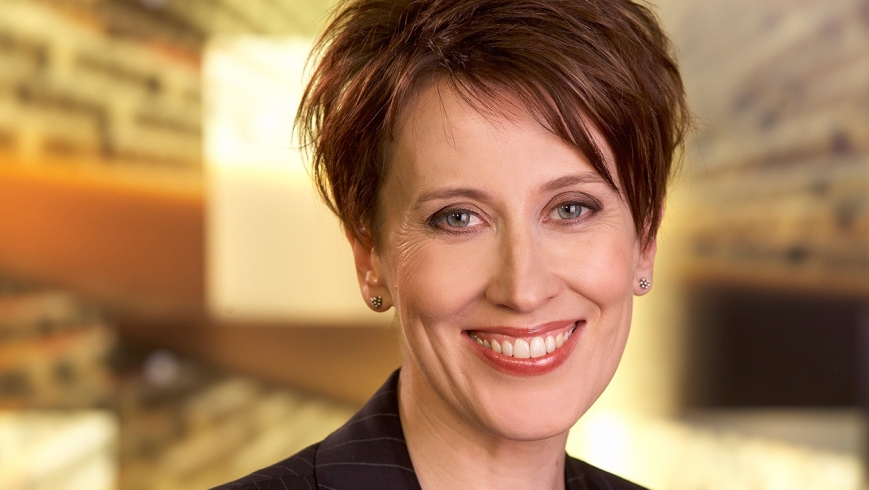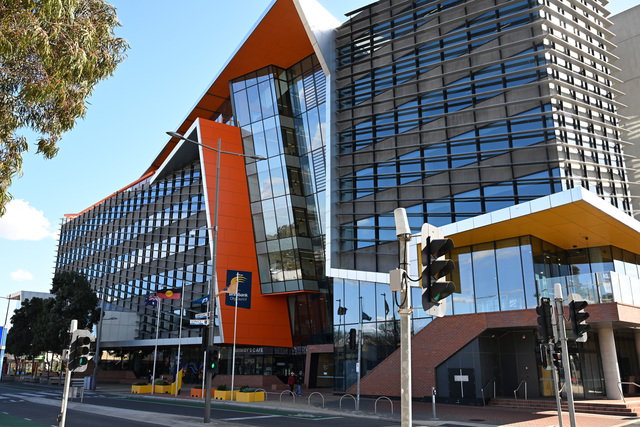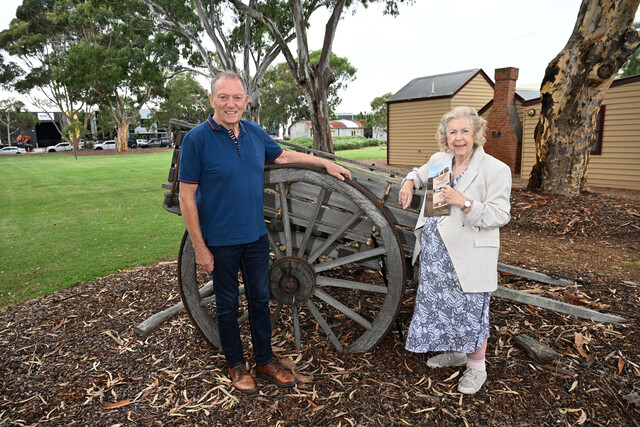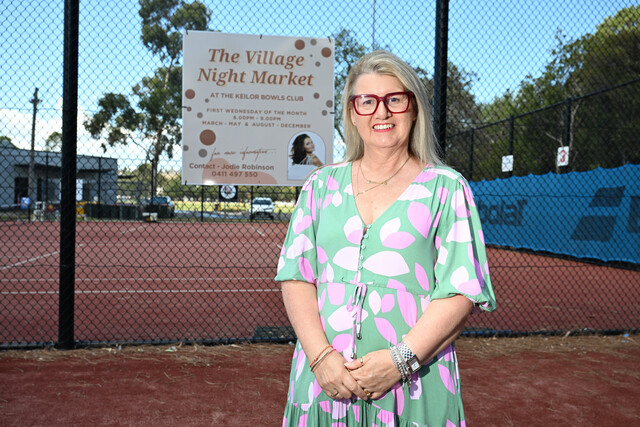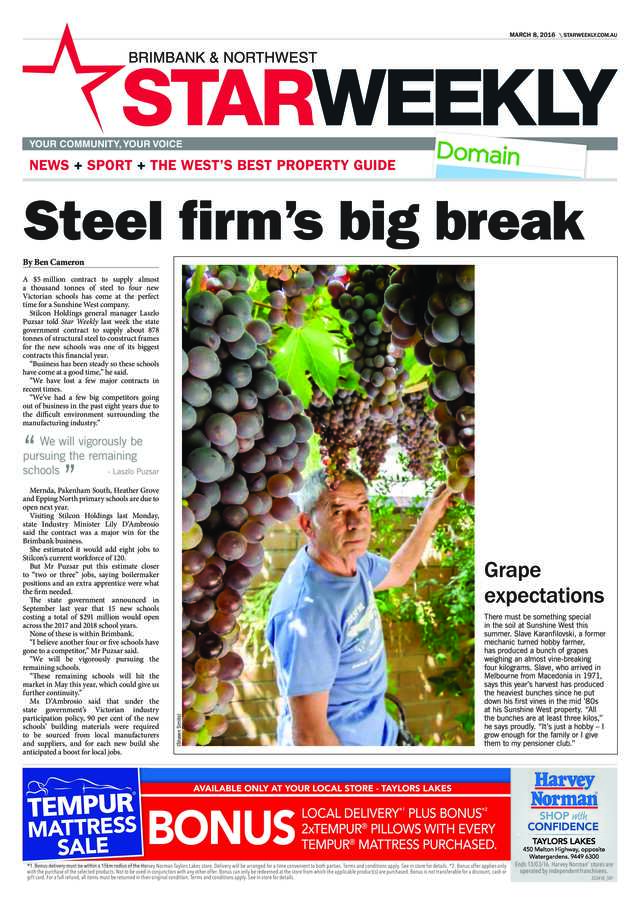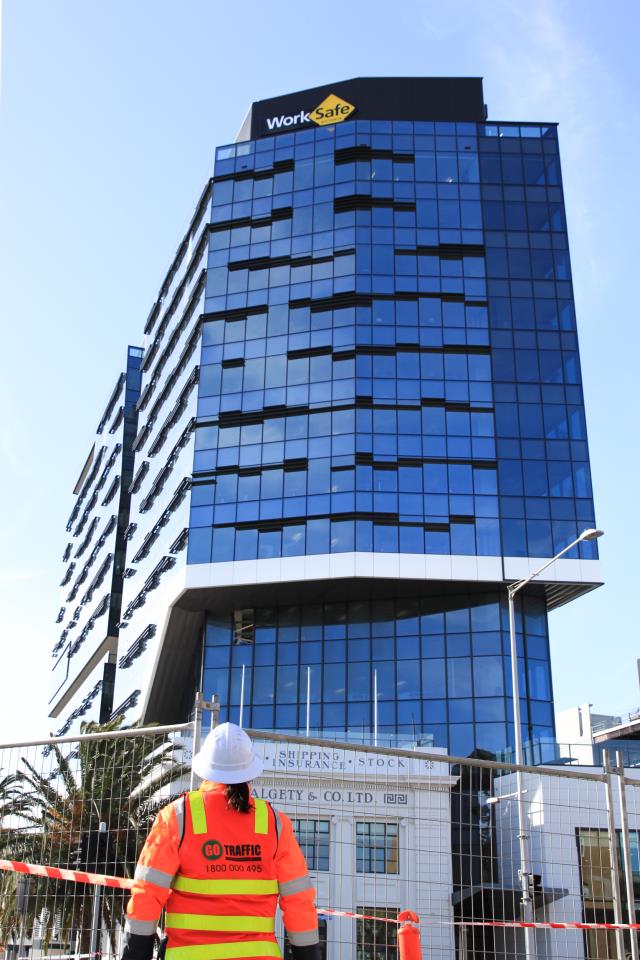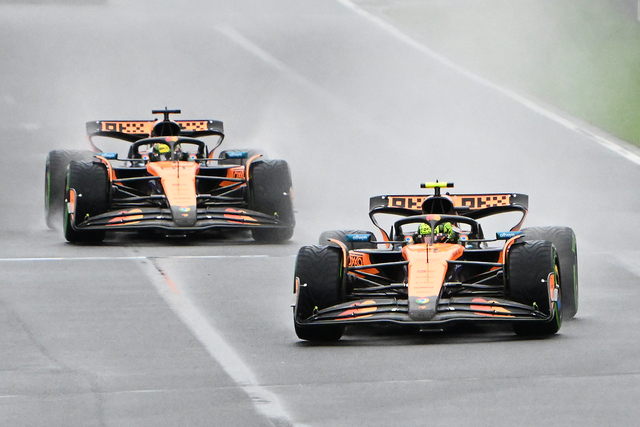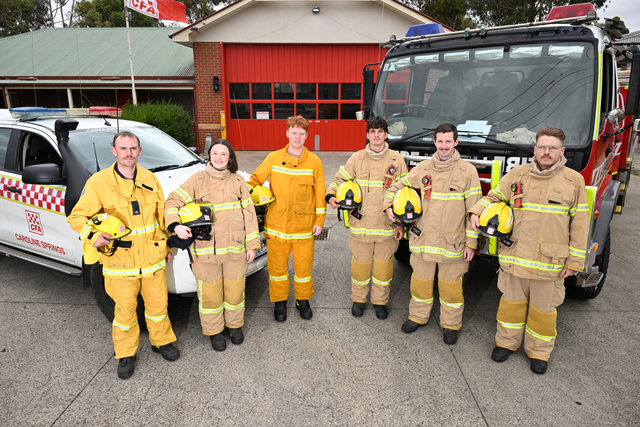Just as Australians were about to start thinking about their Christmas menu, one high-profile Australian emerged as a candidate for turkey of the week.
The AWU union chief, Paul Howes, copped several well-sauced serves for suggesting Australia had to move away from “ma and pa farming” and embrace large-scale diversified companies: “What we need is not too dissimilar to what exists in the US farming sector, where you have large-scale conglomerates that can diversify across different states and different feed stocks and take advantage of those different elements to be able to have sustainable long-term investment into the sector.”
Howes appears on his own here. From high-profile Nationals such as Barnaby Joyce to well-loved cooks such as Maggie Beer, Howes was howled down as being out of step, not only with the family tradition of farming, but with the international direction of smaller-scale, sustainable farm production.
Indeed, the UN has declared 2014 the International Year of Family Farming, backing up its landmark 2010 report that argued small-scale farming would double food production in places where most hungry people live within five to 10 years.
The surprise in the report was that it found that traditional farming methods are fundamentally correct and more sustainable than food production based on vast economies of scale and large investor return.
Many Australian growers already know this.
We now have a fascinatingly diversified agricultural sector that ranges from larger-scale production and long-term family businesses to niche growers and distributors. The sector’s arguments for more taxation, environmental and investment
support are convincingly made, particularly when you look at the advantages Australia has in food production.
It’s hard to find anybody, apart from the conglomerates themselves, who is arguing for more machine production of food. Instead, the growing interest is in healthy, flavoursome food grown and reared well, with the value-added export cachet of being produced with care and individuality.
We need to care about how our food is grown. We keep banging on about food security, about the need to produce plentiful, healthy, sustainable food; and we also keep on about the rising cost of healthcare and the need for preventative healthcare and self-care, but rarely do we ever join the dots. As any doctor will tell you, diseases linked with lifestyle choices – including type 2 diabetes – are the fastest growing ones in the country, and the role played by the food we choose to eat is now unavoidably crucial. Good food can make us healthy, but discussions about agriculture and health take place in separate hemispheres of the national brain.
Good food and the part it plays in good health is disconnected, to the point where a social divide may be opening up along food production lines. A well-reared chook is a delicious thing – but it costs $25, and the factory-line supermarket one is $10. My fear is that good food – and therefore good health – will only be possible for those who can afford it, unless the smaller farmers that both the UN and Australian authorities champion can come up with economies of scale.
I was struck last week, during the last episode of Kerry O’Brien’s interview series with Paul Keating, by the former prime minister’s observation of the incomparable advantage of living on a continent: there just aren’t that many handed out, he said. This continent, Australia, has always presented the possibility of us becoming a healthy independent food bowl for the region and the world, one of diversified farms and ownership, of production both niche and large but always committed to value-adding. It’s hard to see how Big Food, as it’s known, would provide that future. Think about that as you’re about to buy your celebratory turkey.
A happy and safe Christmas to you all.
Virginia Trioli is co-host of ABC News Breakfast on ABC1 and ABC News 24, 6-9am weekdays.
Follow Virginia on Twitter @latrioli

